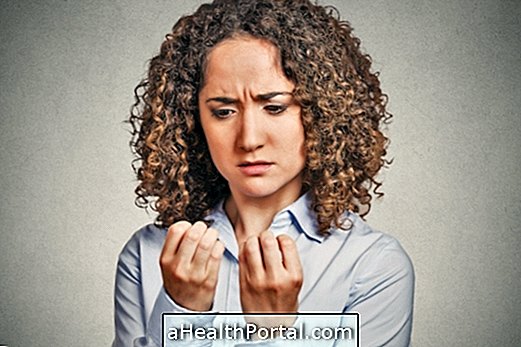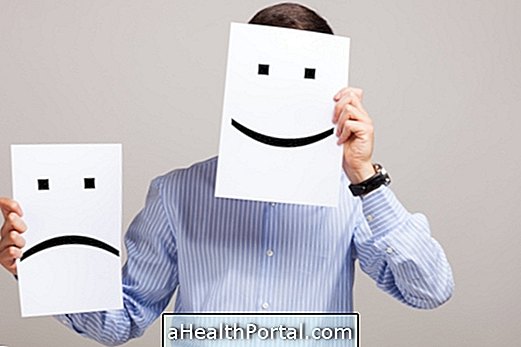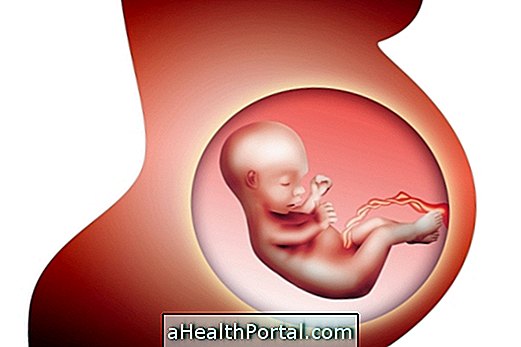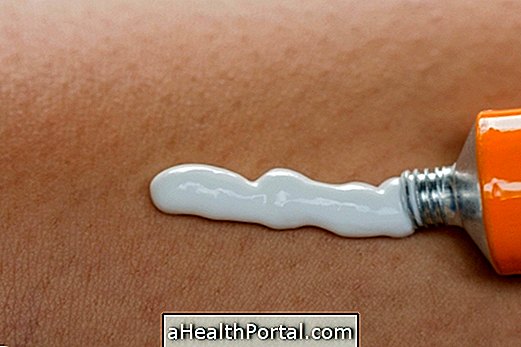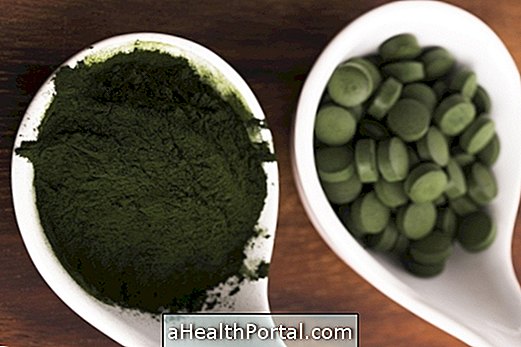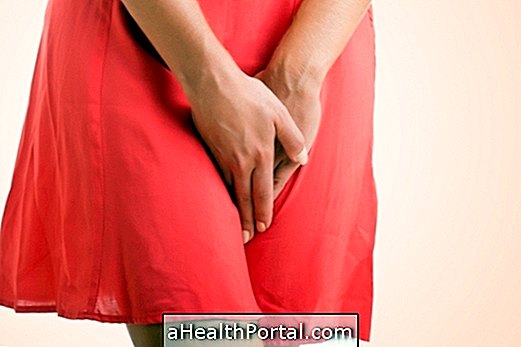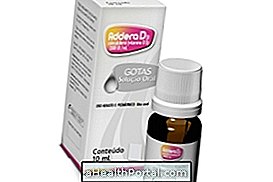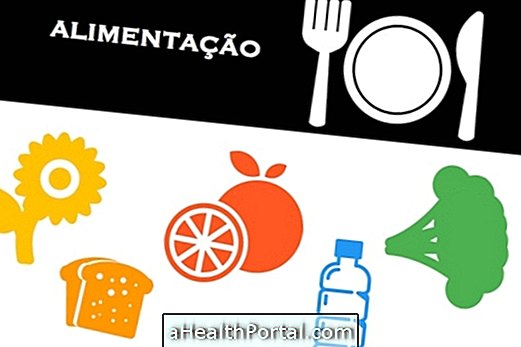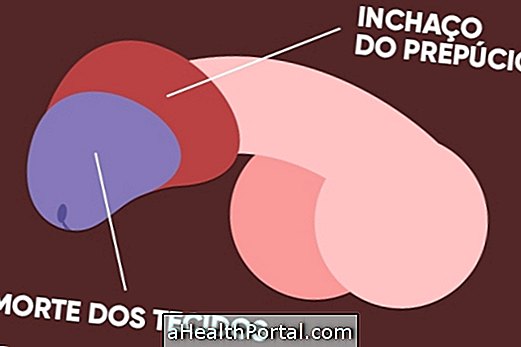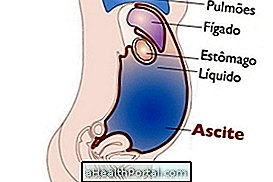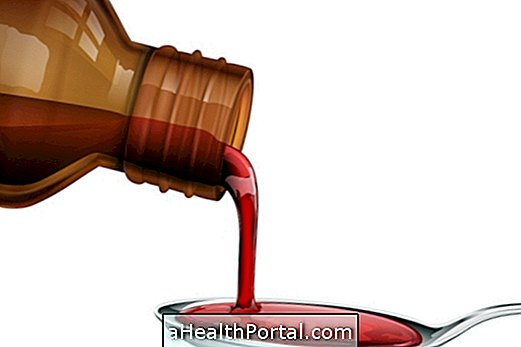Antidepressants, such as Fluoxetine, Sertraline, Paroxetine and Amitriptyline, are examples of remedies to treat depression, which act on serotonin, noradrenaline and dopamine, rebalancing the person's mood.
These remedies are indicated for moderate or severe depression, where there are symptoms such as sadness, distress, changes in sleep, appetite, tiredness and guilt, which disrupt the person's well-being. To better understand the symptoms, see how the diagnosis of depression is made.
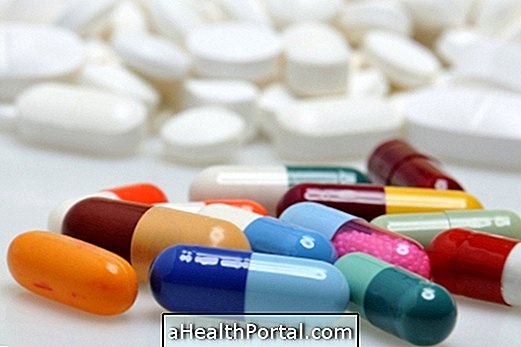
Common Names of Antidepressants
All antidepressants act directly on the nervous system, increasing the amount of important neurotransmitters that improve mood. However, these drugs are not all the same, and to understand how they work in the body and what effects they can cause, it is important to separate them into classes, according to their mechanism of action:
| Antidepressant Class | Some generic names | Side effects |
| Tricyclic antidepressants | Imipramine, Clomipramine, Amitriptyline or Nortriptyline | Dry mouth, urinary retention, constipation, delirium, drowsiness, low blood pressure, dizziness on rising, weight gain. |
| Selective serotonin reuptake inhibitors (SSRIs) | Fluoxetine, Paroxetine, Citalopram, Escitalopram, Sertraline or Trazodone | Dizziness, dry mouth, drowsiness, excessive sweating, tremors, restlessness, constipation, headache and ejaculation problems, reduced libido, and weight loss. |
| Inhibitors of reuptake or increased serotonin and noradrenaline activity | Venlafaxine, Desvenlafaxine, Duloxetine or Mirtazapine | Dry mouth, insomnia, nervousness, tremors, drowsiness, nausea, vomiting, ejaculation problems, reduced libido, excessive sweating and blurred vision, loss or weight gain. |
| Monoamine Oxidase Inhibitors (MAOIs) | Selegiline, Pargilin, Phenelzine or Toloxatone | Increased pressure, postural hypotension, weight gain, insomnia. |
| Other types | Bupropion, Trazodone, Nefazodone or Amoxapine | Drowsiness, tremor, irritability, dry mouth, constipation. |
It is important to remember that side effects do not always happen, and may vary depending on the dose and body of each person.
Antidepressants should only be used with advice from the general practitioner, neurologist or psychiatrist because they can cause side effects such as dizziness, decreased libido, loss of appetite or weight gain, which vary according to the type and dose of the medicine .
How to take antidepressant without gaining weight
The best way to avoid getting fat is to take an antidepressant like Fluoxetine, instead of medicines like Amitriptyline and Mirtazapine, which increase appetite. But in addition, you need to find motivation to stay active, practicing daily exercise, or at least 3 times a week to burn off the accumulated fat or fat you eat.
It is also important to consume low-calorie foods and avoid those high in sugar and fat, finding another source of pleasure that does not involve food.
Practicing an exercise that one enjoys is a great way to stay motivated to continue practicing sports because they promote the release of pleasure-giving substances.
How to choose the ideal antidepressant
In addition to the side effects and form of action, the doctor also considers the health status, age and use of other medications. Some diseases that must be reported to the doctor, which influence the choice of these medications are:
- To not get fat: obese people should avoid weight-increasing or appetite-enhancing antidepressants, such as Amitriptyline or Mirtazapine, and prefer other appetite-reducing foods, such as Fluoxetine;
- To stop smoking: it may be advantageous to use Bupropion as it helps to reduce addiction;
- For those who have insomnia: a situation where it is recommended to use sleep enhancing medicines, such as Amitriptyline, Nortriptyline, Mirtazapine or Trazodone, for example;
- For you to have heart disease: in these cases, tricyclic antidepressants, such as Imipramine, Clomipramine, Amitriptyline, which may interfere with heart rate, should be avoided;
- To improve sexual life: it is recommended to avoid the class of SSRIs, such as Paroxetine, and others like Trazodone, Mirtazapine or Bupropion should be preferred;
- For those who have epilepsy: In this disease, it is advised to avoid some types of antidepressants, such as Bupropion and Clomipramine, for example, and always talk to the neurologist.
But in addition to medicines, psychotherapy is also very important to make medication treatment even more effective, as well as being the primary choice for mild depression cases.

How to take antidepressants
The starting dose is low because usually the antidepressant begins to take effect after about 15 days, and can take from 6 to 8 weeks to notice its full action in the body.
The ideal time to take Amitriptyline, Trazodone and Mirtazapine should be at night, while others, such as Sertraline, Fluoxetine and Venlafaxine, which can take sleep, can be used in the morning or afternoon. This indication is usually given by the doctor.
How long to use
The use of the antidepressant is not addictive and should be used as long as it is necessary for the person to be treated, indicating:
- Mild depression: usually the use of medicines for about 1 year;
- Moderate depression: usually indicated for 2 years;
- Severe depression: You should consider taking the drug for a lifetime.
The best way to stop taking an antidepressant is to reduce your dose gradually, because there is less risk of symptoms such as nausea, vomiting, changes in sleep and irritability. This dose reduction should also be indicated by the physician.

Natural Antidepressant Options
Natural antidepressants do not replace medication treatment, however, they may be a good option to complement the treatment and boost the improvement of symptoms, or they can also be used in cases of mild depression, in conjunction with psychotherapy.
Some options are:
- Eat foods rich in vitamin B12, omega 3 and tryptophan, present in some foods like cheese, peanuts, bananas, salmon, tomato and spinach as they are converted into serotonin and other substances important to the nervous system. Check out the list of tryptophan-rich foods;
- Sunbathing, about 15 to 30 minutes a day, as it stimulates increased vitamin D and serotonin formation;
- Exercise regularly, at least 3 times a week, which helps regulate sleep and release hormones such as serotonin and endorphin and improve well-being. Group exercise, as a sport, may have even more benefits, due to the improvement of social coexistence;
- Consume St. John's wort tea, as it is a herbal remedy that has properties capable of stimulating the increase of serotonin and norepinephrine in the body. Check out the properties and the way of using St. John's wort.
Adopting positive attitudes on a daily basis, preferring outdoor activities and looking for new ways to get busy and have contact with people, such as enrolling in a course or practicing a new hobby, for example, are important steps in getting treatment more effective treatment of depression. Check out some more of the key attitudes to get out of depression faster.


